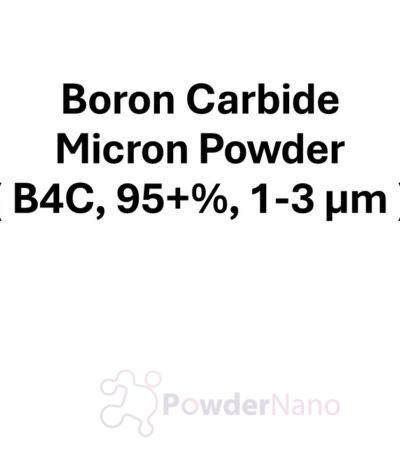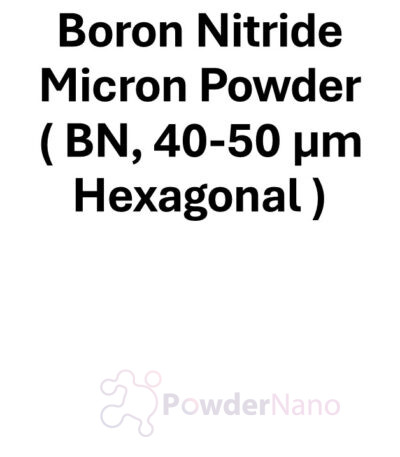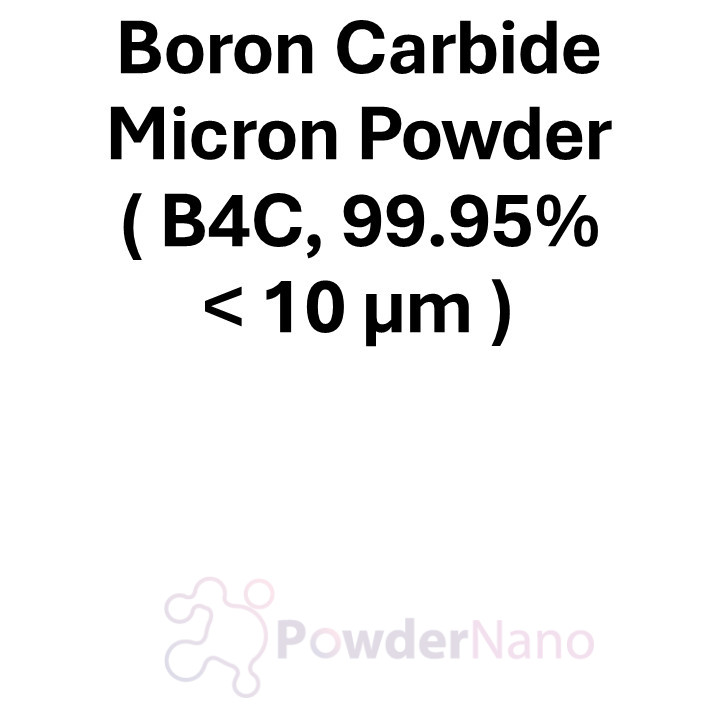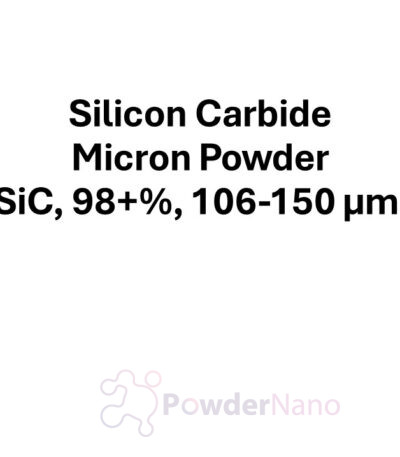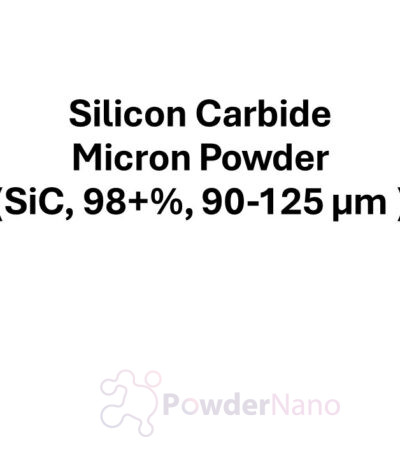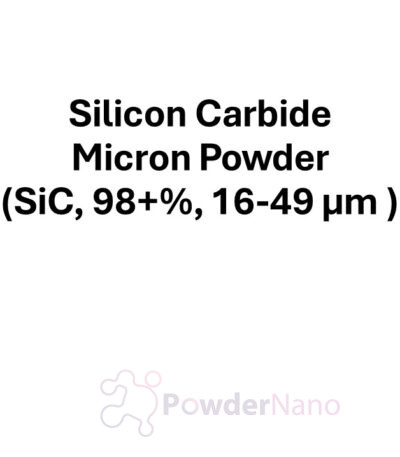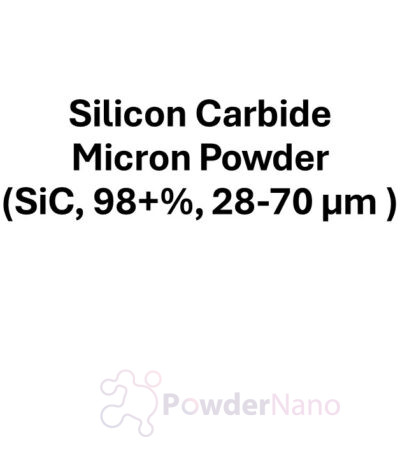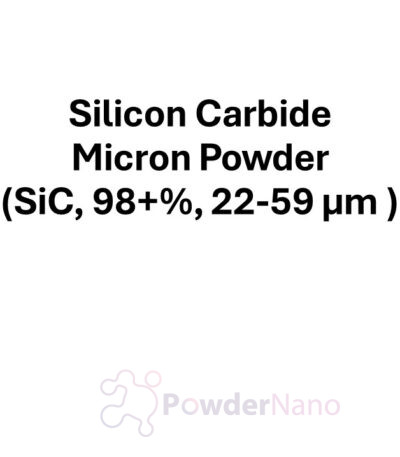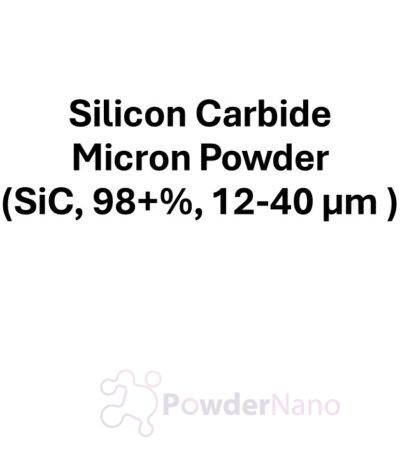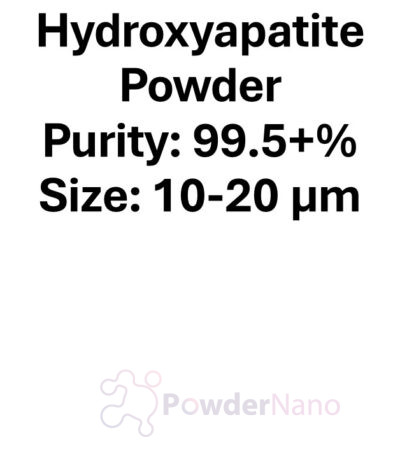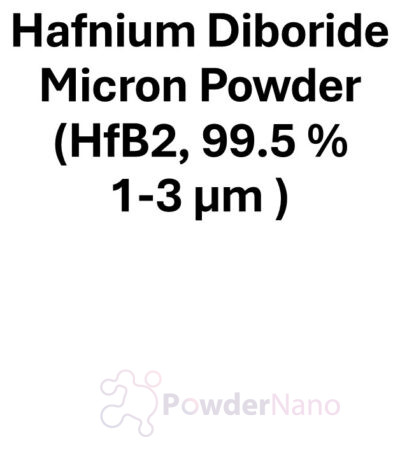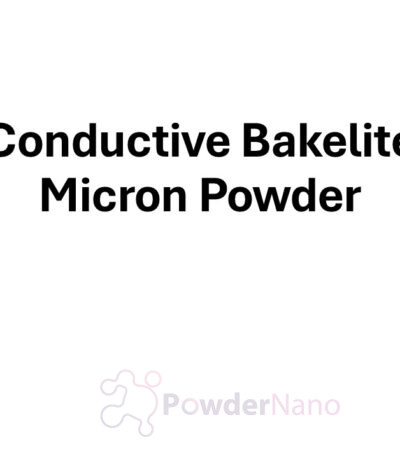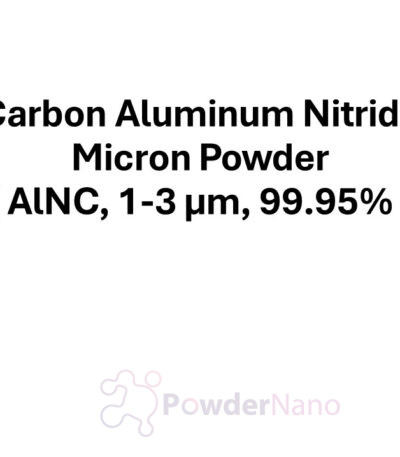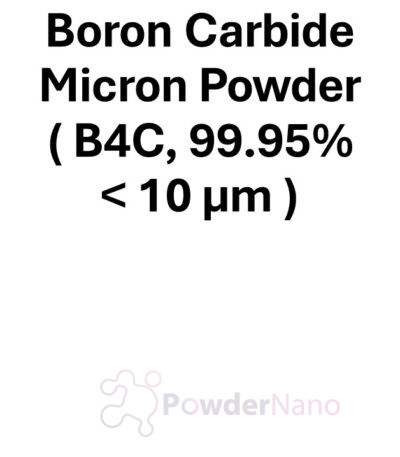Boron Carbide Micron Powder (B4C, 99.95%, <10 µm)
Technical Specifications:
- Material: Boron Carbide (B₄C)
- Purity: 99.95% (high purity)
- Particle Size: <10 µm (microns)
- Shape: Typically irregular or angular, may also include spherical particles depending on the manufacturing process
- Density: Approximately 2.52 g/cm³
- Melting Point: 2,350°C (4,262°F)
- Boiling Point: Sublimes at approximately 3,000°C (5,432°F)
- Chemical Composition:
- Boron (B): ~80%
- Carbon (C): ~20%
Applications:
- Abrasive Materials:
- Boron carbide is one of the hardest known materials, making it ideal for abrasive applications. The <10 µm micron powder is used in polishing, grinding, lapping, and cutting tools in industries such as automotive, aerospace, and precision machining. The fine powder is ideal for abrasive blasting and polishing of metal and ceramic surfaces, ensuring a smooth, scratch-resistant finish.
- Armor and Ballistic Protection:
- Boron carbide is widely used in ballistic armor due to its exceptional hardness and lightweight properties. It is used in the production of bulletproof vests, body armor, tank armor, vehicle armor, and personal protective equipment for military and law enforcement use.
- The <10 µm powder is often incorporated into composite materials to enhance impact resistance, offering superior protection against projectiles and explosions.
- Refractory and High-temperature Applications:
- Boron carbide is used in refractory materials that need to withstand extremely high temperatures, such as casting molds, furnace linings, and nozzles. Its high melting point makes it ideal for applications in metal smelting, glass production, and ceramic industries, where heat resistance is essential.
- The fine powder is used in ceramic composites that require high-performance resistance to wear and extreme temperatures.
- Nuclear Applications:
- Boron carbide is a widely used material for neutron absorption in nuclear reactors. It is used to produce control rods that regulate the rate of fission by absorbing neutrons. The micron powder form is integrated into nuclear reactor components and radiation shielding for neutron protection in both power plants and medical radiation applications.
- The powder is also used in nuclear waste storage systems to prevent radiation exposure.
- Wear-resistant Coatings:
- Due to its hardness and abrasion resistance, Boron carbide is widely used in wear-resistant coatings for parts exposed to abrasion and erosion. The powder is used to create hardfacing coatings for cutting tools, mining equipment, grinding mills, blades, and valves. These coatings significantly extend the life of components in high-stress environments.
- Boron carbide coatings are also used in automotive and industrial machinery applications where high durability and abrasion resistance are required.
- Polishing and Lapping:
- Boron carbide powder is used in polishing and lapping processes to achieve fine finishes on metal, glass, optical lenses, semiconductors, and jewelry. Its hardness makes it ideal for surface finishing where a mirror-like finish is required.
- The <10 µm particle size allows for precise surface treatment in optics, electronics, and high-precision mechanical components, achieving smooth surfaces and sharp edges.
- Cutting Tools:
- Boron carbide is used in the manufacture of cutting tools and drill bits due to its hardness and wear resistance. The fine powder is used to enhance the performance of diamond-tipped tools or abrasive blades used in machining and cutting hard materials, including ceramics, metals, and composite materials.
- Industrial Applications:
- Boron carbide is used in various industrial applications such as abrasive wheels, grinding stones, and drilling tools. It is also used in hydraulic systems, valves, pumps, and other machinery components that experience high levels of wear and need to operate in harsh conditions.
- The fine powder is used to coat machinery that needs to maintain performance in high-friction environments such as in oil and gas and mining industries.
- Energy Storage and Battery Technologies:
- Boron carbide has potential applications in energy storage systems, particularly in lithium-ion batteries and supercapacitors. The material’s electrical conductivity and chemical stability make it a good candidate for use in energy devices.
- The micron powder is used to improve battery performance in high-power applications where long life and reliable operation are essential.
- Research and Development:
- Boron carbide micron powder is used extensively in research and development to study materials science, nanotechnology, and the behavior of advanced ceramics. Researchers use the powder to test its properties in cutting-edge applications such as nanomaterials, energy storage, and high-performance composites.
- The micron powder is also used to optimize manufacturing processes, improve coating technologies, and explore new high-strength materials.
Boron Carbide Micron Powder (B4C, 99.95%, <10 µm) is a high-performance material known for its exceptional hardness, abrasion resistance, and thermal stability. It is widely used across various industries such as abrasives, armor, nuclear applications, wear-resistant coatings, ceramics, electronics, and cutting tools. Its fine particle size ensures optimal flow and precision in additive manufacturing, powder metallurgy, and coating processes, enabling the creation of complex, durable components with superior mechanical properties. The powder’s versatility and outstanding physical properties make it an essential material for high-performance applications that require durability, precision, and reliability.
